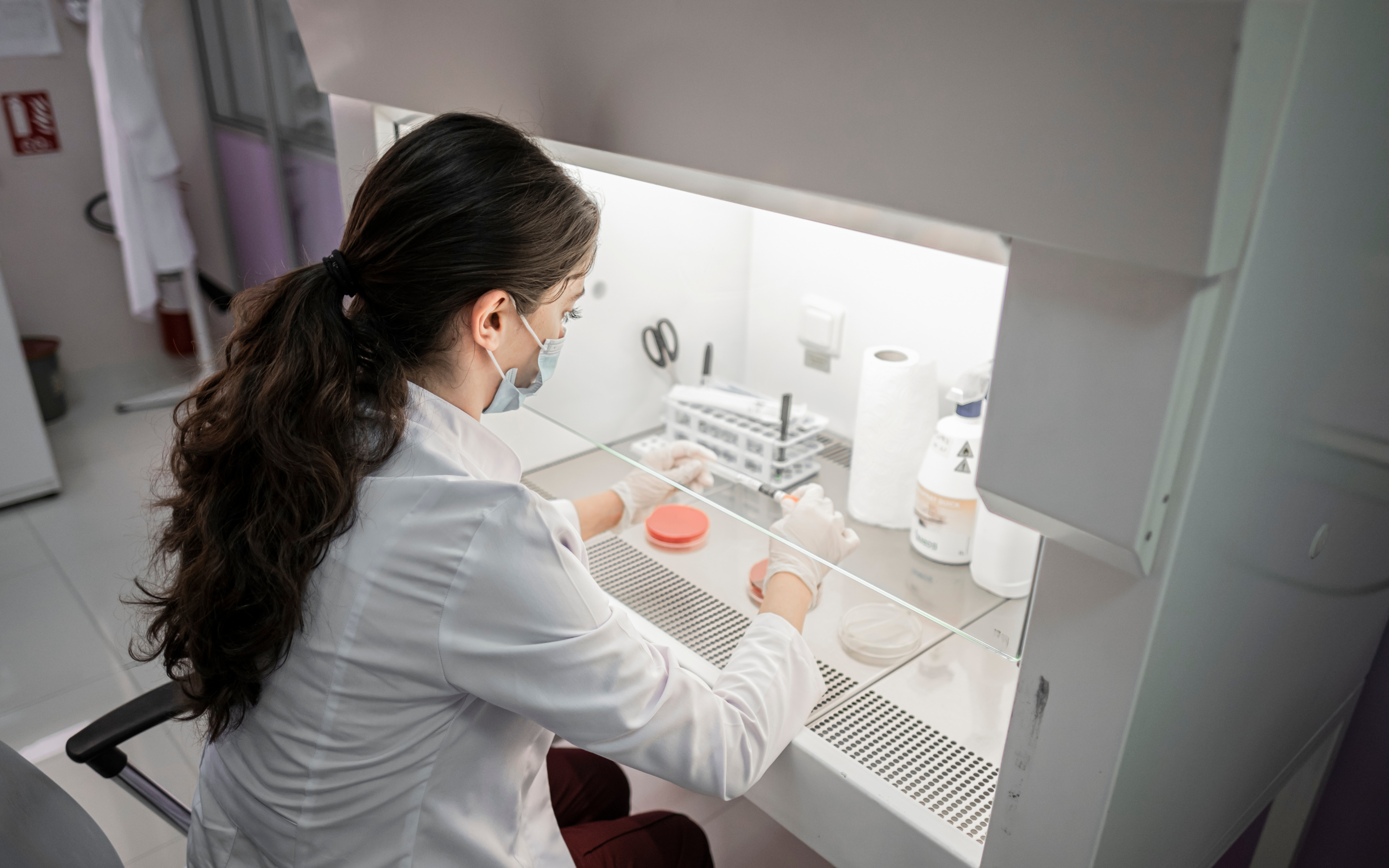All-Natural Evidence-Based Migraine Prevention
MigraineMD is an all-in-one evidence-based natural supplement designed to reduce migraine frequency and severity. MigraineMD is effective because it only contains ingredients at doses that have been clinically proven to work. Experience the MigraineMD difference in your journey toward migraine freedom.

Our Story

Two Brothers. One Mission.
NeuroNaturals was founded by two brothers with a shared goal: improving the lives of migraine sufferers. One of them is a neurologist with expertise in headache medicine, and the other is a migraine sufferer himself.
(Because the founding neurologist practices in Canada, he is not legally permitted to be publicly associated with his product, which is why he must remain anonymous.)

A Better Solution
While treating migraine patients, the founding neurologist routinely recommended the five evidence-based natural supplements found in MigraineMD. Patients consistently shared how difficult it was to take so many pills daily. After reviewing existing combination products on the market, he found many had incorrect ingredients, improper dosages, or even harmful components. He set out to design a natural, safe, convenient, and effective solution based entirely on current scientific evidence. He partnered with his brother, whose finance and business acumen brought MigraineMD to life.

Built on Evidence and Transparency
MigraineMD was developed in order to raise the standard in a market flooded with unsupported health claims. It contains only ingredients clinically proven to work, and nothing else. Importantly, it does not contain anything potentially harmful, such as feverfew and butterbur. The limited number of non-medicinal ingredients (only 1 plant-based essential ingredient) attests to its purity. We work with a cGMP-certified manufacturer and have had our product 3rd-party tested because we never compromise on quality.
Learn more about Migraine
Natural Lifestyle Interventions for Migraine
It is very important not to ignore basic healthy lifestyle practices as they play a major role in migraine management.
Medication Overuse Headache
Pain medications may initially help migraines, but if used too frequently, can exacerbate the problem.
Treating Migraines in Pregnancy
There are fewer migraine treatment options available in pregnancy, but more than you think.

